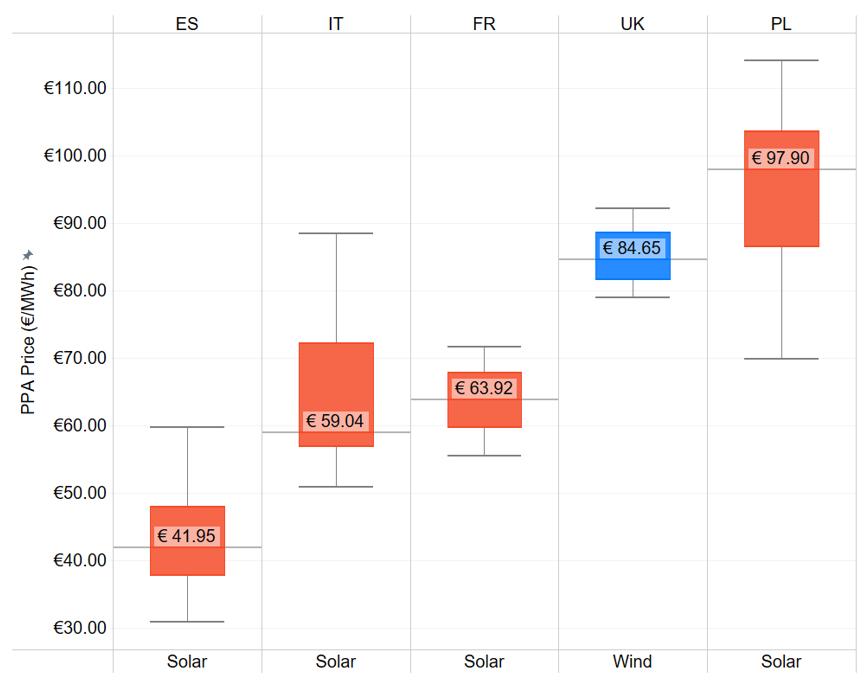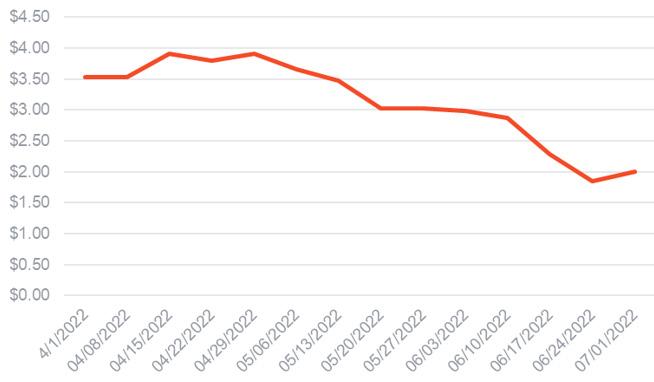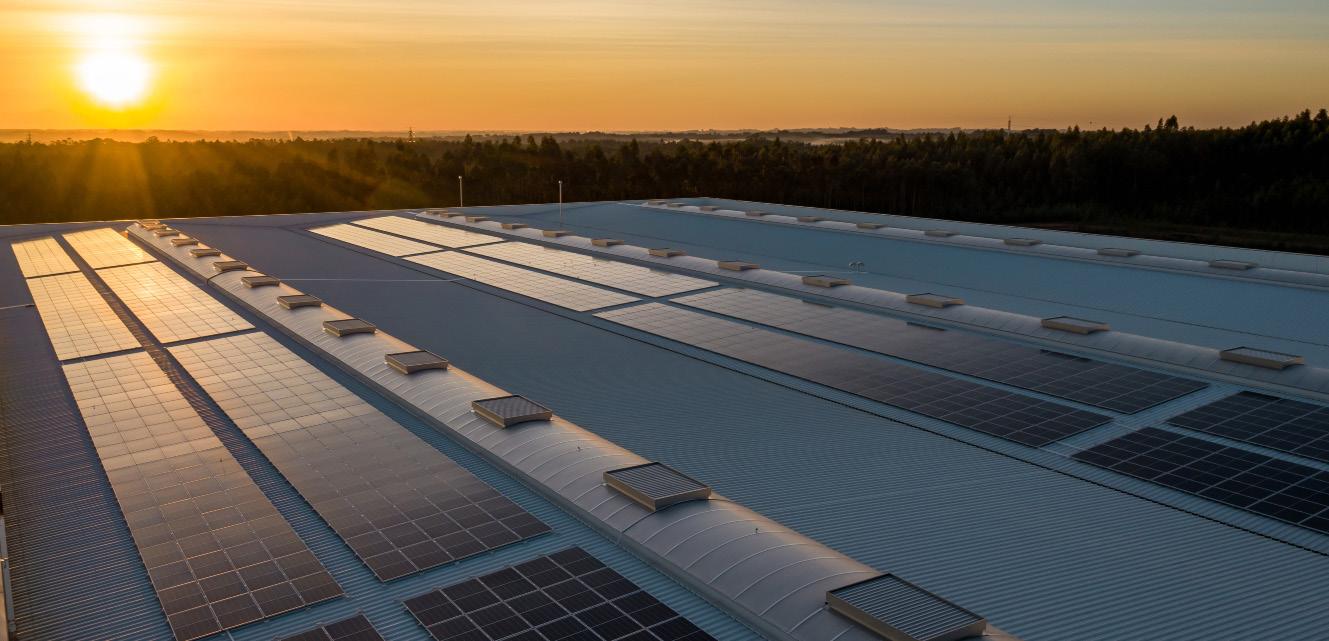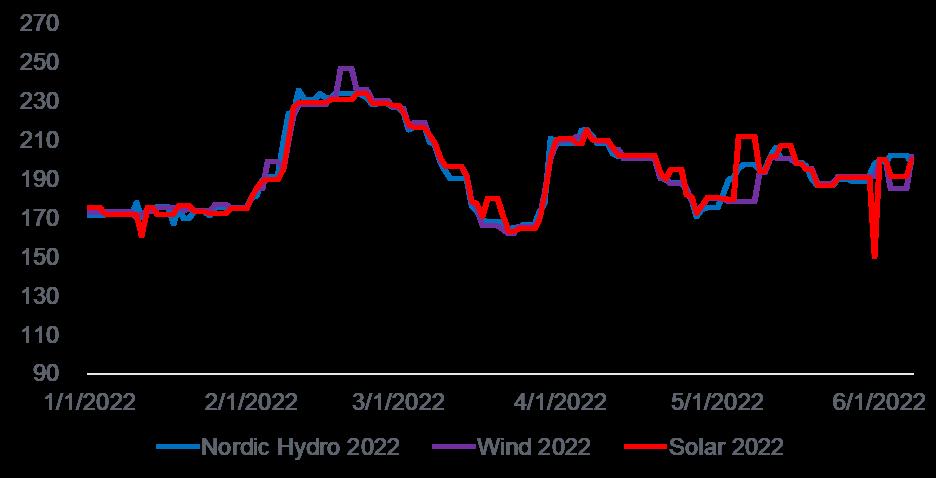
2 minute read
Wholesale Markets Roundup
Delays Expected and Diligence Required as PJM Pursues Interconnection Reform
An effort to reform the mid-Atlantic region’s interconnection queue process took a step forward this quarter, with PJM submitting its filing to the Federal Energy Regulatory Commission (FERC). However, the impending process is expected to impose a significant slow-down on project development for years to come.
For those with interest in the mid-Atlantic region, buyers must pay close attention to the following:
• Assigned queue positionsfor projects under consideration, as those in the AG1 class or earlier are proposed to be prioritized; and
• Project online dates, as it is unlikely that projects in the AG2, AH1 class, or later will come online any earlier than 2026.
While the industry is anticipating that PJM’s proposed reform process will proceed as they have outlined, the proposal must first receive the green light from FERC. PJM filed its reform proposal with FERC this quarter, with FERC required to respond by early October.
PJM’s interconnection process - the procedure in which development-stage projects are reviewed and approved to connect to the PJM power grid - was originally designed to review traditional power resources. The queue has been overwhelmed for some time, with over 2,500 projects stuck in the queue, many of which are smaller-scale solar assets. This overhaul of the queue process is meant to streamline the interconnection study process by utilizing cluster studies to determine upgrade costs and weed out speculative projects via more robust deposit requirements throughout the process.
Against the backdrop of broader industry headwinds, the delays associated with queue reform place prospective PJM buyers in a challenging situation. As the inventory of mature projects dwindles, buyers are encouraged to move as swiftly as possible and keep their institutional deadlines and renewable goals top of mind when considering projects that may slip into 2026 and beyond for commercial operation. This would create further uncertainty for buyers, as developers are struggling to determine costs for EPC and equipment for near-term projects, let alone projects four or more years away from operation.
If approved by FERC, PJM will stop accepting new interconnection applications after October 1, 2022, to work through the backlog. They plan to work on two transition studies, the first of which is expected to conclude in 2025, and the second in 2026. Assets projected to have minor upgrade costs and low grid impact will be ‘fast-tracked’ and studied in a parallel process.








